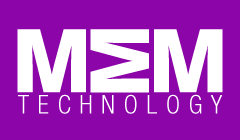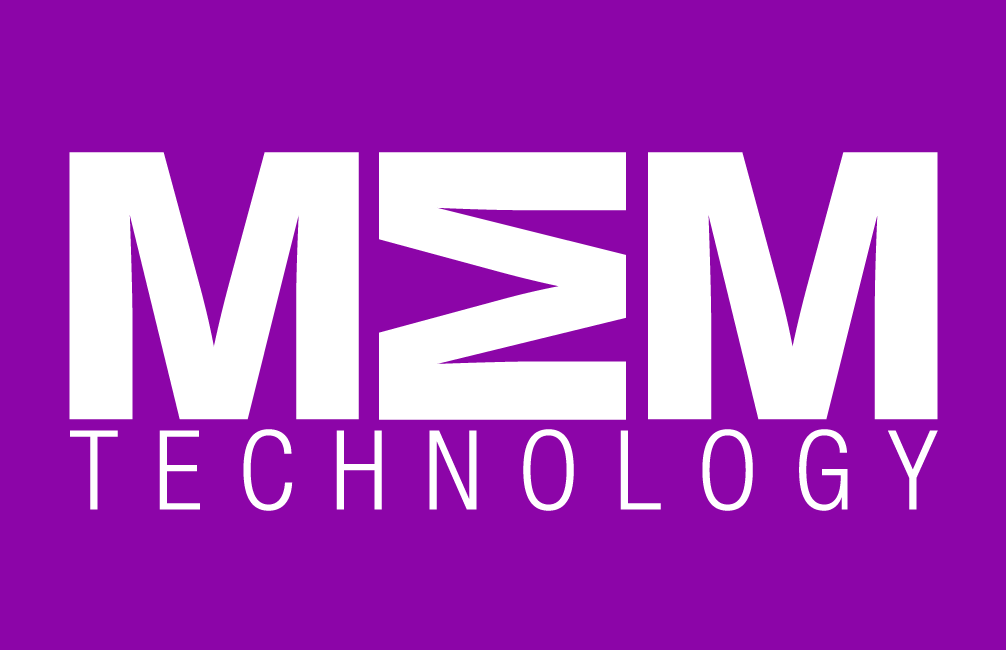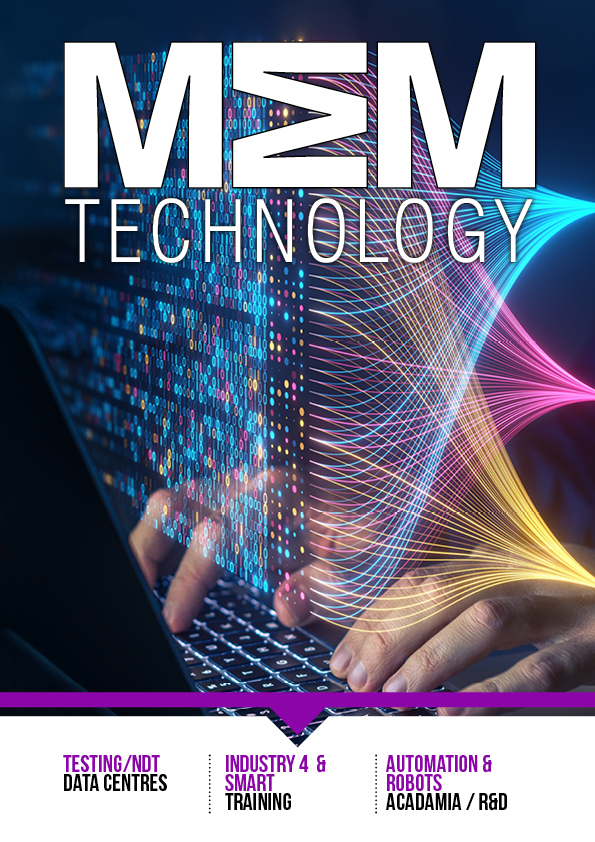Zebra Technologies Corporation, a leading digital solution provider enabling businesses to intelligently connect data, assets, and people, cited 28% of manufacturing leaders today and 46% by 2029 who say they plan to move, update, reshore, or near-shore production locations. This comes at a time when manufacturing leaders in Europe face much anticipated tariffs that could impact their costs and ability to export goods.
Alongside tariffs, the EMEA region has seen a number of ongoing conflicts and overseas markets with aggressive technology-driven manufacturing and export approaches into the region. This may explain why 31% this year and 51% by 2029 plan to expand their supply chain ecosystem with more supply chain partners.
The In Pursuit of Excellence report by Zebra Technologies also reveals that 82% of C-suite say they’re struggling to keep up with the pace of technology innovation as they face the need to create more flexible capacity, improve competitiveness, and reduce operational and facility supply spending.
“With tens of thousands of redundancies and factory closures recently announced, manufacturing leaders are today reacting to challenging socioeconomic conditions by making difficult decisions about their supply chains and workforce,” said Stephan Pottel, Manufacturing Practice Lead EMEA, Zebra Technologies. “Nearly half (48%) want plant floor automation to provide flexible scale due to fluctuating demands in the face of the current manufacturing slowdown, and 39% want to reduce operational and facility supply spending. Medium to long term, there will need to be a shift to sustainable and flexible operations with greater automation and tech tools for a redefined workforce.”
Pottel notes that manufacturing leaders are aware that technology is one of the key levers to increase automation. IoT platforms, AI for better quality inspection and predictive maintenance, data analytics, and generative artificial intelligence (GenAI) large language models (LLM) are not far from the minds of the C-suite, IT and operational technology teams.
For example, the report finds that in the next five years, decision-makers plan to drive process automation by implementing deep learning (63%) and machine learning (64%), while LLM (64%) and prescriptive workflows (59%) will be used to support decision automation.
“However, 89% think digitisation projects are slow, expensive, and require a lot of staff input, with 35% saying it’s a challenge to measure and justify return on investment,” said Pottel. “That should be seen as an urgent issue to fix with better strategies, executive support, technology and partners. There can be no compromise on enhancing manufacturing quality, safety, and compliance for consumers while businesses navigate today’s hard times. Intelligent automation is key to futureproof operations, output and the workforce.”
Forward thinking manufacturers across automotive, baked and fresh food, metals, and components are already leveraging technologies including machine vision, 3D scanning and robotics to improve defect detection, automate inspection processes, and secure throughput for customers.
Contact: londonzebra@archetype.co
Manufacturing & Engineering Magazine | The Home of Manufacturing Industry News















